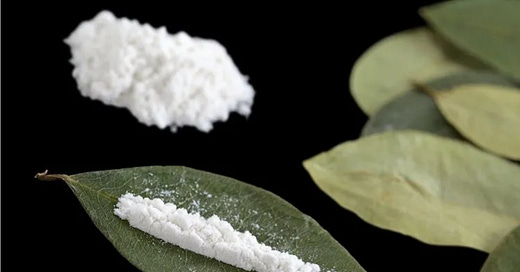The Addiction Model of Sugar & Carbs
Recognizing sugar and carb addiction for what they are may be the best thing that can happen to most of us as long as we have a plan of escape.
Success Story Highlight: Meet Emily Harveaux
Emily lost half herself and went from 300 lbs to 150 lbs through intermittent fasting.
In 2017, a friend gave Emily a copy of the Obesity Code. The science intrigued her as Dr. Fung presented a completely different model of obesity. Too many calories weren’t to blame for continued weight gain—increasing insulin was driving her appetite up. She then read Gin Stephen’s Delay Don’t Deny and took off fasting. It took her about 4 years to lose 150 lbs. The clean fast was key to continuing to lose weight after hitting plateaus. She has now been easily maintaining her weight loss for over two years.
Emily tells her weight loss story on Episode 78 of Graeme Currie’s podcast called The Fasting Highway. She went on the podcast a second time and talks about becoming carnivore on episode 180. These episodes are top notch and I highly recommend listening to them. You can also follow Emily on Instagram at healedbymeat.
A Tale of Two Powders
See this beautiful plant above that God made with its waxy leaves and brilliant berries? That is the coca plant. Native to South America, indigenous people have chewed on its leaves for millennia for its mild stimulating effect.
But then people began to refine the natural leaves down to a powder that was hundreds of times more potent than the natural form.1
“All things are lawful for me, but I will not be dominated by anything.”
Below is another beautiful plant that God created. It’s called sugar cane. Chewing on the raw stalks has a pleasantly sweet taste.
But we have also figured out how to refine it down to another pure, white powder:
The chart below shows how sugar is refined. It was impossible for people to refine large amounts of sugar prior to industrialization? Not all progress is equally beneficial.
Recognizing Addiction
Alcoholics find that they no longer enjoy going out with friends unless alcohol is involved. Normal life has lost its luster.
Has normal (healthy) food lost some of its luster for you?
Do you ever find that you don’t really feel like eating unless it’s something sweet or carby?
Have you ever said these words: I don’t really like meat that much. I don’t really care for protein foods.
The odd thing about these statements is that of the three macronutrients: protein, fat, and carbs, only protein and fat are essential. There is no such thing as a necessary carbohydrate. And although the body requires some glucose, it can easily convert fat and protein to glucose as needed.
So what we’re saying when we no longer want to eat the food that our bodies require is that food has become for us an addiction.
This is using food, specifically carbs and sugar, for the effect that it has on the brain not for the nutrition.
None of this may be your fault. You were born into an addictive foodscape. But it is your problem.
When you’re caught in an addiction, part of you doesn’t want to change.
When someone suggests you try and cut out sugar and flour for a week or two and see if that resolves your headaches, how do you react? Do you say: sure, I’ll try that. Or do you crouch over your pure, white, and deadly powder Gollum style, stroking it and saying, “My precious?”
Let’s suppose that you were born hooked on cocaine and continued it all your life until this day. Every time you started to go off it, you felt terrible. Therefore, you associate the drug with energy and feeling well. What is required for you to take the step to wean off your addiction? You must take a leap of faith. You must believe those who are standing over on the other side urging you to join them.
“Your life will be so much better. We promise you. You won’t know until you try.”
Ultra-processed foods (UPFs) such as cane sugar, high fructose corn syrup, highly refined wheat flour, industrial seed oils, and artificial sweeteners work in our bodies much like drugs. They give the brain a dopamine hit. And when we no longer can fully enjoy other food experiences, we show that we’re using sugar and carbs for their crystal meth effect.
An egg is one of the most complete foods one can eat. Why would we choose a Pop Tart or toast with jelly or a bagel over something so nutrient dense? It’s because of how those foods affect our brains.
The Dose Makes the Poison
Keep reading with a 7-day free trial
Subscribe to Fast Well | Feast Well to keep reading this post and get 7 days of free access to the full post archives.










